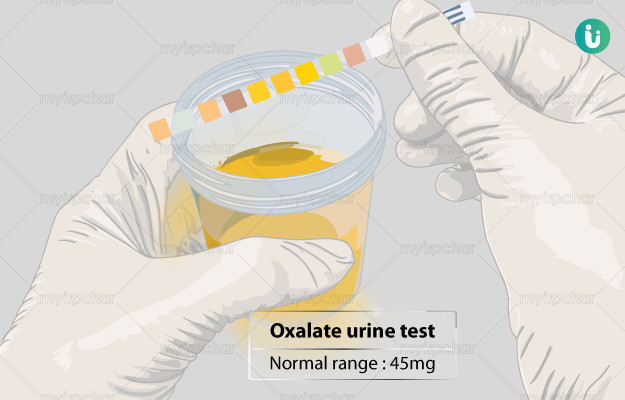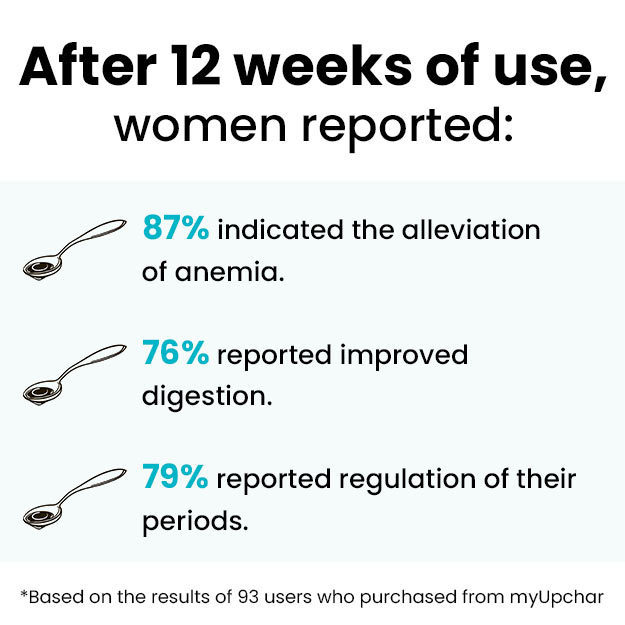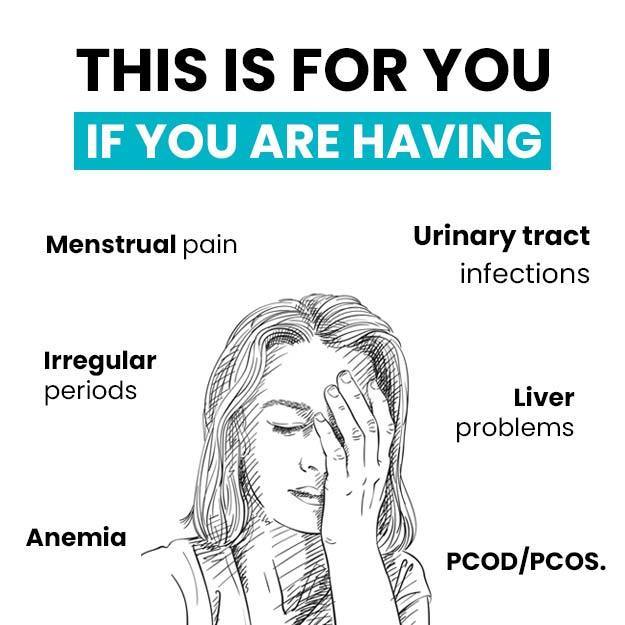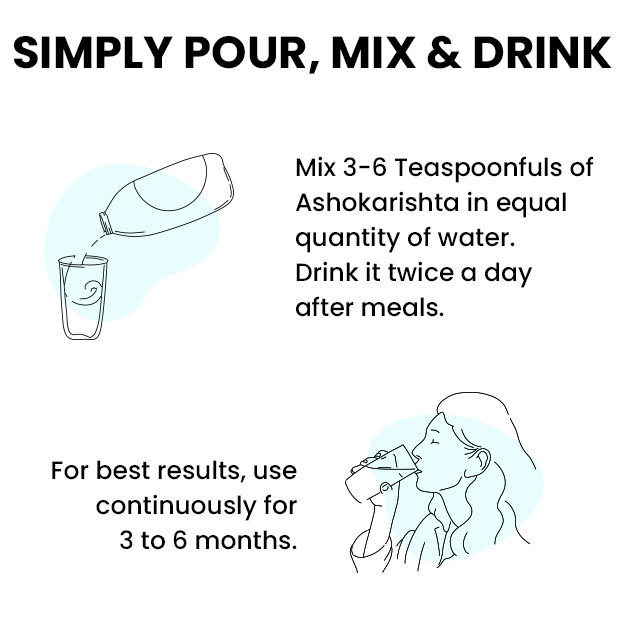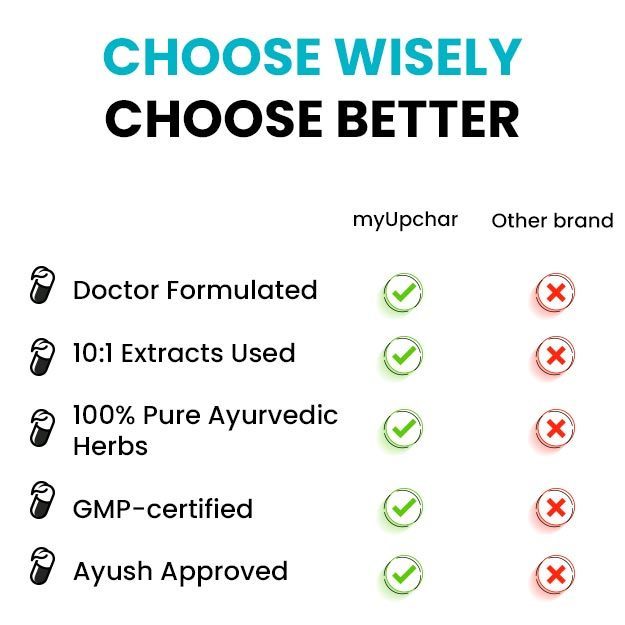What is Oxalate Urine test?
An oxalate urine test determines the amount of oxalate that your body is expelling through urine.
Oxalates are substances naturally present in certain foods. When these dietary oxalates reach the intestine, they combine with calcium to form calcium oxalate. This calcium oxalate is removed from the body through stools. However, excess oxalate travels to the kidneys (through blood) and is excreted in the urine. Some of the rich sources of oxalate are:
When there is an excess of oxalate and too less of liquid in the urine, these oxalates combine with calcium to form calcium oxalate crystals inside kidneys. As more crystals form, they stick together to form larger crystals and may grow into kidney stones, which, if left untreated, can damage kidneys and cause serious complications.

